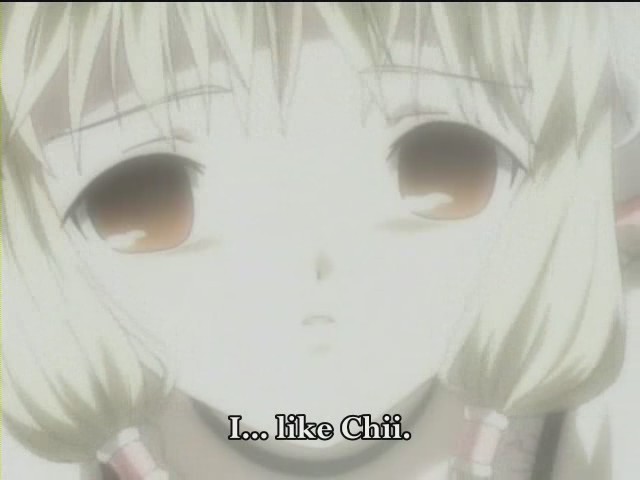Sabakstiiju shaadu taadu info kopaa
 how do you tell your boyfriend who is japanese that you love him? What does it mean when he says: ski to me?
how do you tell your boyfriend who is japanese that you love him? What does it mean when he says: ski to me?It depends on how old is the person who says that. "Suki desu" may be translated as "I like you" but it takes the meaning "I love you" in this case. However, "Suki da yo" is much more informal and can also be used in this case.
The other way this phrase can be translated is "Ai shite iru" and this means "I love you". Remember that in Japanese the subject can be ommited as in these cases.
The problem with picking Japanese up from anime is that a lot of unconventional speech patterns are used. Not many people talk this way in real life...
English is fundamentally a "do"-language, while Japanese is essentially a "be"-language. Consider, for instance, a well-known phrase such as "I love you." In English, although "love" may be classified as a mental state, it confers upon a meaning that has connotations of the active participant being "I" and the passive participant being "you." The object of love, namely "you," is the entity upon which the mental action "love" is showered. In contrast, the Japanese language decrees that one expresses one's love by saying "ai-shitteiru". The root verb "ai" means love, whereas "shitteiru" is a general suffix that can be attached to many other verbs, and simply means in the process of. (For instance, "benkyo-shitteiru" means in the process of studying whereby "benkyo" is the root verb for study). The pronouns "I" and "you" are simply redundant in the Japanese language. The Japanese do not have to say "watashi (I) wa anata (you) ga ai-shitteiru (love)" to mean "I love you" simply because adding pronouns such as I and you contributes to redundancy and is stylistically inappropriate in Japanese. Yet, in English, a one-to-one translation of this phrase from Japanese to English means "in the process of loving," and this certainly does not sound romantic at all when said by one native speaker of English to another. This perhaps illustrates why English is understood as a DO-language, whereas Japanese is known as a BE-language. Nonetheless, transformations of this kind are incorporated into the generation grammar, to produce more natural English expressions.
I love you:
Kimi o ai shiteru
Aishiteru
Chuu shiteyo
Ora omee no koto ga suki da
Ore wa omae ga suki da
Suitonnen
Sukiyanen
Sukiyo
Watashi Wa Anata Ga Suki Desu
Watashi Wa Anata Wo Aishithe Imasu
Watakushi-wa anata-wo ai shimasu
Suki desu (used at 1st time, like for a start, when you are not yet real lovers)



